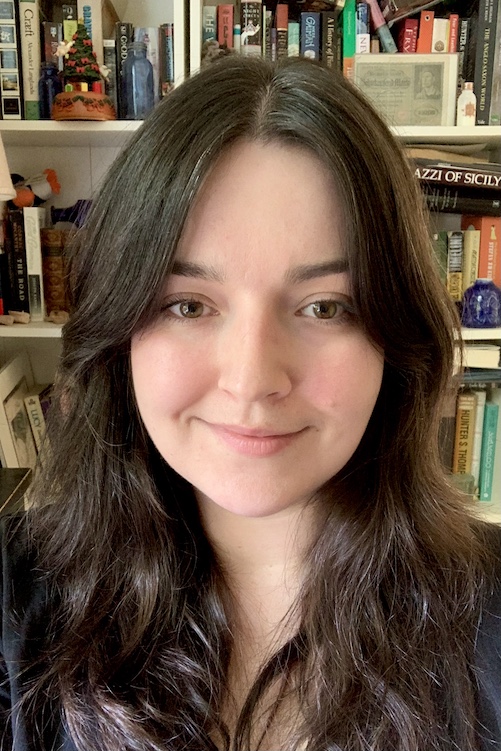Hello!
My name is Aja Sutton (she/her; my first name is pronounced /ˈeɪʒə/). I am a computational social scientist, health geographer, and demographer. I hold a PhD in Geography from the University of Washington (UW). I am particularly interested in pursuing interdisciplinary research focused on social ecology, human behavior, population health, demography, and spatial statistical methods.
Currently, I hold two positions: I am a Research Affiliate in the Department of Environmental Social Sciences at the Stanford Doerr School of Sustainability, Stanford University, in the Human Evolutionary Ecology and Health Lab working with Professor James Holland Jones, and a Postdoctoral Scholar at the Population Research Center (PRC) at Portland State University, Portland, OR, working with PRC Director Ethan Sharygin.
During my doctoral training at UW, I had the pleasure of holding a TADA-BSSR NIH T32 Fellowship in Data Science and Demography at UW’s Center for Studies in Demography and Ecology (CSDE) (2020-2022). My fellowship faculty mentors were Dr. Zack W. Almquist (Associate Professor of Sociology), Dr. Jon Wakefield (Professor of Statistics and Biostatistics), and Dr. Sara Curran (Professor of Sociology, Director of CSDE, and Editor-in-Chief of Demography). I also received a Certificate in Demographic Methods from CSDE. I remain an active member of Dr. Jones’ HEEH lab (Stanford University), Dr. Almquist’s King County People Experiencing Homelessness Working Group (UW), and Dr. Wakefield’s Space Time Analysis Bayes (STAB) Lab (UW).
I am a Managing Editor of the Population Dynamics Lab (PDL), a new and soon to be released publication venue and virtual lab experience for short quantitative, computational and methodological insights, as well as for developing and sharing tools for the field of demography. PDL is Edited by Dr. Curran. As of Autumn 2024, I am a contributing writer to Those Nerdy Girls (formerly, Dear Pandemic), an online resource and newsletter for practical and factual health information where anyone can submit any health-related question and get answers from friendly, knowledgable health experts. I am also trained in human osteoarchaeology, and in the past have provided technical osteological expertise to a major cultural resource group on the West Coast of the United States. My osteology work has focused on settler historic archaeological contexts, but my academic training focused on early medieval British contexts.
My work is primarily located at the intersection of social ecology, demography, and population health. I am trained in statistical demography, quantitative research methods, GIS and spatial statistical methods, epidemiology, and social epidemiology (incl. social determinants of health), and health geography. My previous training in history and bioarchaeology has provided me with a unique perspective on human social systems, behaviour and health over time. My current research focuses on the social ecologies of human health: the ways lived environments, group- and individual-level behaviour, and population characteristics interact, drive and contribute to behaviours or scenarios that aggregate to or produce emergent population-level health phenomena.
Some of my research interests include: population health, demography, social and political ecolog(ies) of health and disease, (geo)spatial statistical and analytical methods, social & health inequity/inequality, decision-making and social identity, the life course, COVID-19, (re)emerging infectious disease, antimicrobial resistance, and climate change. I find complex human systems very interesting, and I want to understand more about how our individual and collective behaviours and decisions produce health environments and disease outcomes.
